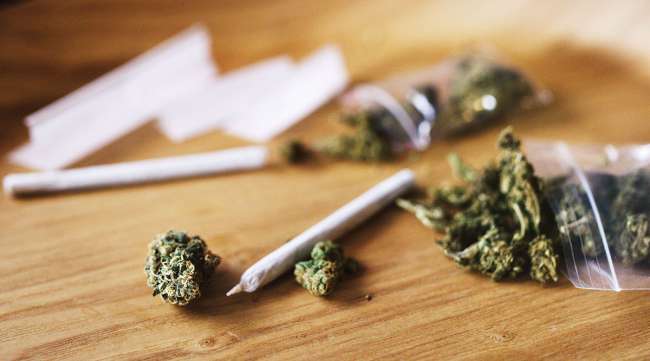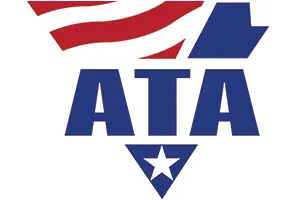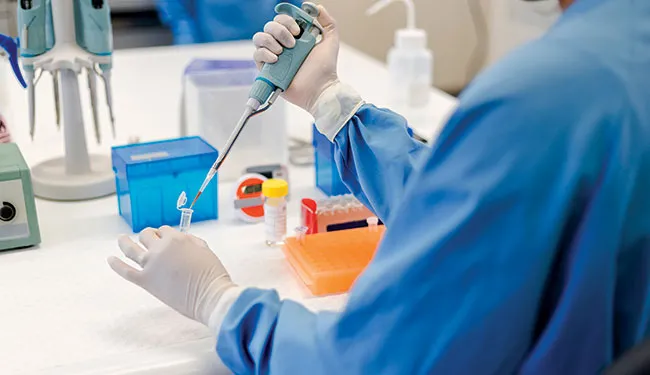Senior Reporter
NTSB Voices Concerns Over Potential Downgrade of Marijuana

[Stay on top of transportation news: Get TTNews in your inbox.]
The National Transportation Safety Board filed comments with the Drug Enforcement Administration expressing concerns that a proposed rule to move marijuana from Schedule I to Schedule III of the Controlled Substances Act could imperil federally required drug testing for truck drivers, airline pilots and many others in safety-sensitive positions.
In comments made public July 23, NTSB said it is concerned that the proposed move would prohibit continued federally required testing of safety-sensitive transportation employees for marijuana use because laboratories certified by the Department of Health and Human Services for such testing are not authorized to test for Schedule III controlled substances.
NTSB’s comments were in response to DEA’s May 21 Federal Register proposal to downgrade marijuana. In its comment, NTSB urged the DEA to “ensure that any final rule to reschedule marijuana does not compromise marijuana testing under DOT and HHS procedures applicable to safety-sensitive transportation employees.”
The DEA proposal generated nearly 43,000 comments. American Trucking Associations was among those filing comments warning DEA that drug testing of commercial truck drivers could be eliminated if the proposal were to become final. DEA has not yet commented on the concern.

NTSB said employees at the center of the proposal could include airline pilots, airline maintenance workers, bus and truck drivers, locomotive engineers, subway train operators, ship captains, pipeline operators, personnel transporting hazardous materials, air traffic controllers, and others.
RELATED: Positive Drug Tests for Truck Drivers Down, FMCSA Says
Despite laws allowing medical and recreational uses of marijuana in dozens of states, truck drivers are not allowed to use it and are subject to immediate firing if they test positive for the drug.
According to NTSB, moving marijuana to Schedule III without taking steps to ensure that marijuana testing remains within the scope of pre-employment, random, reasonable suspicion and post-accident drug testing would create a safety “blind spot.”

“Removal of marijuana testing from DOT and HHS drug testing panels for safety-sensitive transportation employees would remove a layer of safety oversight that employers have been managing for decades, and it would prevent DOT and HHS drug testing from acting as a deterrent to marijuana use by those employees,” NTSB said. “Additionally, the NTSB would no longer have DOT and federal workplace marijuana test results as evidence in our investigations.
“We also have broader concerns related to the transportation safety effects of marijuana rescheduling that are not limited to drug testing in commercial operations. Marijuana rescheduling has a potential to affect everyone who interacts with transportation systems and infrastructure, from vehicle operators and passengers to pedestrians and bystanders. Anticipating and mitigating transportation safety risks of rescheduling marijuana will require diligent consideration of scientific evidence and expert insight.
“We urge the DEA to thoroughly examine issues of transportation safety when evaluating the public health risks of marijuana and when accounting for the human and economic costs of the proposed rescheduling action.”

A lab tech performs a drug test. “In our investigations, the NTSB has repeatedly identified toxicological findings indicative of marijuana use by noncommercial and commercial vehicle operators,” NTSB said. (SolStock/Getty Images)
NTSB said it regularly reviews toxicological evidence in its investigations, including from DOT drug testing of commercial vehicle operators and other safety-sensitive transportation employees subject to such testing.
“Additionally, DOT and federal workplace drug testing data, including from pre-employment and random drug testing, are useful for evaluating the safety practices of transportation employers involved in our investigations,” NTSB said, adding that well-established scientific evidence shows that marijuana impairs the abilities needed to safely operate a vehicle and to perform other safety-related tasks.
Marijuana can adversely affect performance by slowing reaction time, altering perception, and impairing sustained attention, planning, decision-making, and risk assessment. “In our investigations, the NTSB has repeatedly identified toxicological findings indicative of marijuana use by noncommercial and commercial vehicle operators,” NTSB said.
“DOT and federal workplace post-accident and post-incident drug testing data provide information about use of potentially impairing drugs by individuals whose performance may have contributed to an accident or incident,” NTSB added.
Want more news? Listen to today's daily briefing below or go here for more info:




